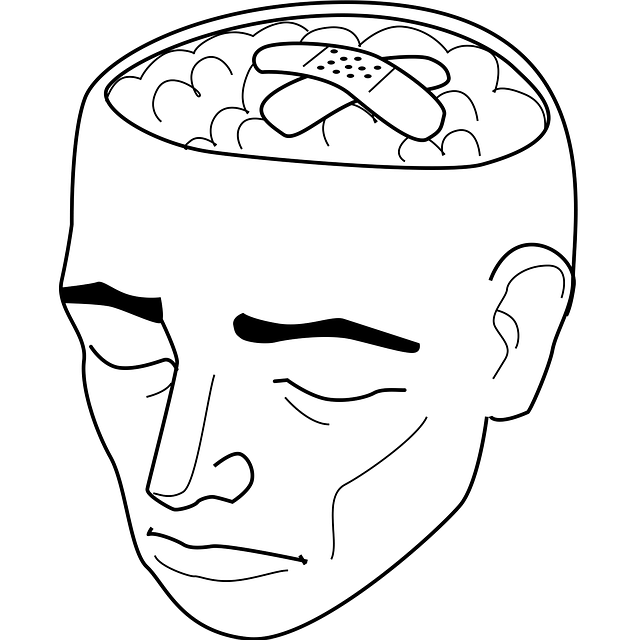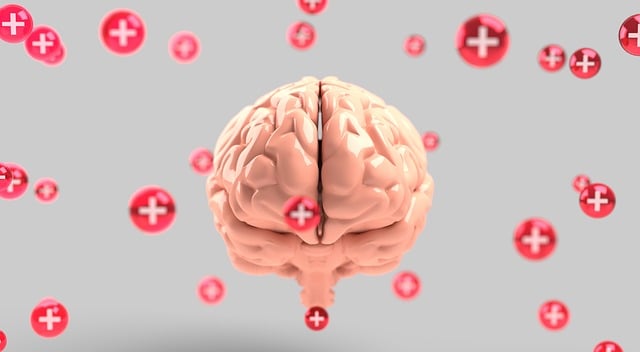Wheat Ridge Children Therapy offers specialized trauma support services tailored for young individuals, focusing on early intervention to address emotional scars from abuse, neglect, or violence. Utilizing evidence-based practices, empathy building strategies, and personalized care, their therapists create a nurturing environment to teach coping mechanisms, emotional regulation skills, and conflict resolution techniques. By empowering clients to heal, grow, and regain control of their lives, Wheat Ridge Children Therapy reaches marginalized and rural communities through remote therapy sessions and inclusive initiatives, making them a leader in trauma support.
“Trauma, a powerful force that can shape a child’s future, requires specialized support to foster healing. This article explores the critical role of trauma support services in aiding young minds. We delve into the profound impact of trauma on children and its lasting effects.
Wheat Ridge Children’s Therapy emerges as a beacon of hope, providing essential resources for recovery. The discussion uncovers key components that define effective trauma therapy, offering a roadmap for organizations like Wheat Ridge to make a lasting difference. Additionally, we explore strategies to reach and engage hard-to-access communities, ensuring no child is left unsupported.”
- Understanding Trauma and Its Impact on Children
- The Role of Wheat Ridge Children's Therapy in Support
- Key Components of Effective Trauma Support Services
- Reaching and Engaging Hard-to-Reach Communities
Understanding Trauma and Its Impact on Children

Trauma can profoundly affect children, impacting their development and overall well-being. It’s essential to understand that trauma isn’t just a one-time event; it’s a response to a perceived threat, and for kids, this could be abuse, neglect, or violent experiences. These events can disrupt their sense of safety and security, leading to long-lasting emotional scars if left unaddressed.
Wheat Ridge Children Therapy emphasizes the importance of early intervention and specialized care in helping young individuals heal from trauma. Through evidence-based practices and empathy building strategies, therapists aim to foster a sense of trust and support. The goal is not just to treat symptoms but to promote inner strength development and emotional well-being promotion techniques that will serve children throughout their lives.
The Role of Wheat Ridge Children's Therapy in Support

Wheat Ridge Children’s Therapy plays a pivotal role in providing essential trauma support services for young individuals who have experienced adverse events. Their dedicated team offers specialized care, focusing on evidence-based practices to address complex emotional needs. Through individual therapy sessions, children learn effective coping mechanisms and gain tools to process traumatic memories, fostering a sense of safety and resilience.
The therapy center equips kids with valuable conflict resolution techniques, enhances their self-esteem, and teaches them emotional regulation skills. By creating a nurturing environment, Wheat Ridge Children’s Therapy enables vulnerable youth to heal, grow, and regain control over their lives. Their comprehensive approach ensures that each child receives personalized support tailored to their unique journey towards recovery.
Key Components of Effective Trauma Support Services

Effective trauma support services provision is a multifaceted approach that addresses the complex needs of individuals who have experienced traumatic events. At Wheat Ridge Children’s Therapy, we recognize that every person’s journey with trauma is unique, and our services are tailored to offer comprehensive care. One of the key components is creating a safe and supportive environment, where clients feel secure to explore their experiences without fear of judgment. This involves trained therapists who possess empathic listening skills and can provide mental wellness journaling exercise guidance to help individuals process their emotions effectively.
Additionally, trauma support services should incorporate structured guidance for both the client and the therapist. This includes evidence-based practices like cognitive behavioral therapy (CBT) and eye movement desensitization and reprocessing (EMDR), which have proven successful in helping people overcome traumatic memories. Risk management planning for mental health professionals is another crucial aspect, ensuring that therapists are equipped to handle potential triggers and maintain a secure therapeutic space. Through these components, Trauma Support Services aim to empower individuals to heal, regain control of their lives, and foster improved mental wellness.
Reaching and Engaging Hard-to-Reach Communities

Reaching and engaging hard-to-reach communities is a critical aspect of providing effective trauma support services. Many individuals experiencing trauma, particularly those in marginalized or rural areas, often face barriers to accessing care due to limited resources, stigma, or lack of awareness. Organizations like Wheat Ridge Children’s Therapy play a vital role in addressing this challenge by implementing creative outreach strategies and tailoring their services to diverse needs. By utilizing technology for remote therapy sessions, they ensure accessibility regardless of geographical location.
This inclusive approach not only includes traditional methods but also emphasizes the importance of community engagement. Encouraging positive thinking and self-care routine development for better mental health is woven into their programs. Moreover, integrating burnout prevention strategies for healthcare providers ensures that those supporting individuals with trauma are well-equipped to offer sustained care. Through these comprehensive initiatives, Wheat Ridge Children’s Therapy strives to reach and engage even the most hard-to-reach communities, fostering healing and resilience in every individual they serve.
In light of the profound impact trauma can have on children, the provision of effective trauma support services is more crucial than ever. Organizations like Wheat Ridge Children’s Therapy play a vital role in this domain by offering specialized therapy and creating safe spaces for healing. By understanding the key components of successful trauma support—including engaging hard-to-reach communities—we can ensure that vulnerable youth receive the necessary care. This comprehensive approach, combined with innovative strategies, promises to revolutionize trauma support services and foster resilient, thriving children.














